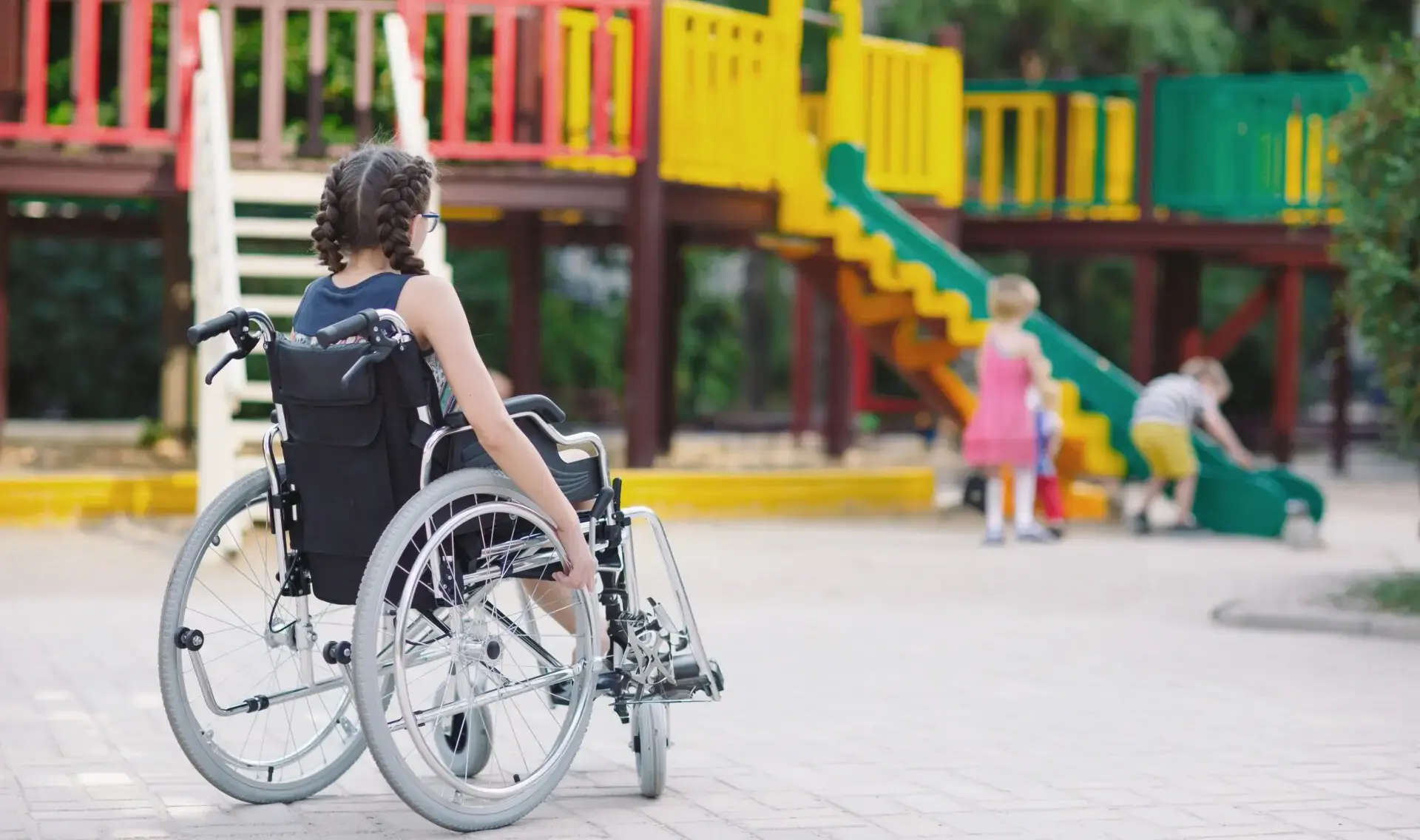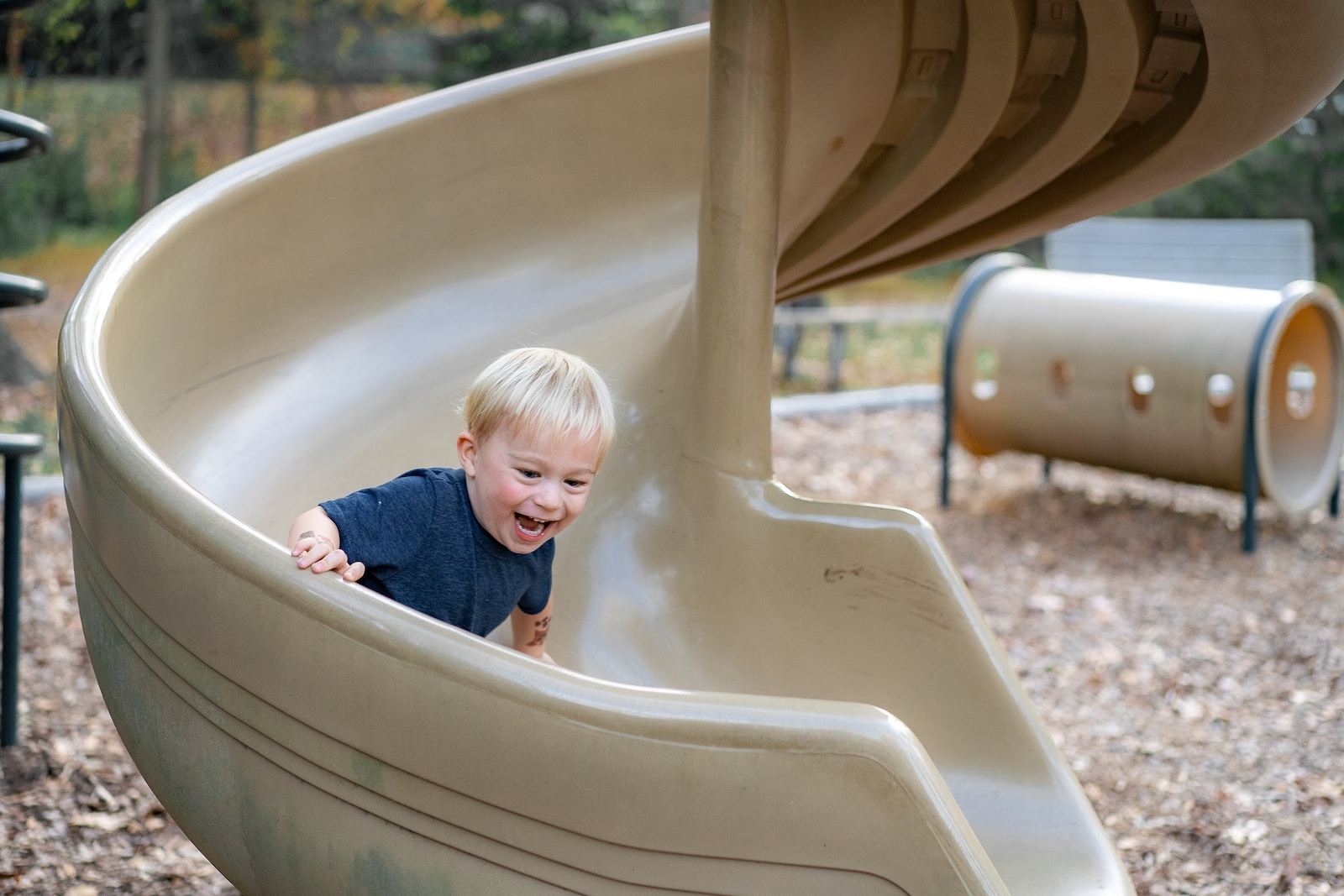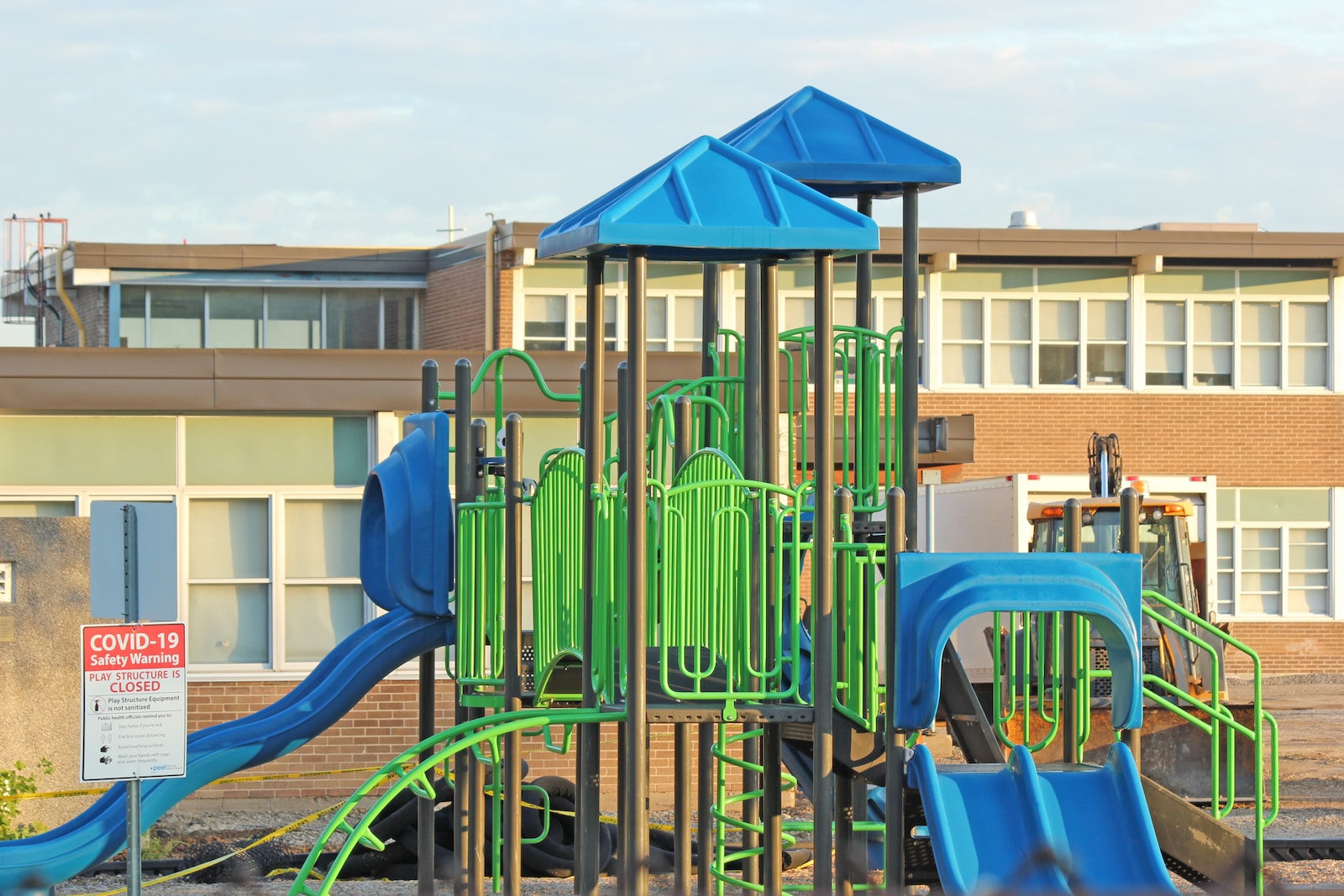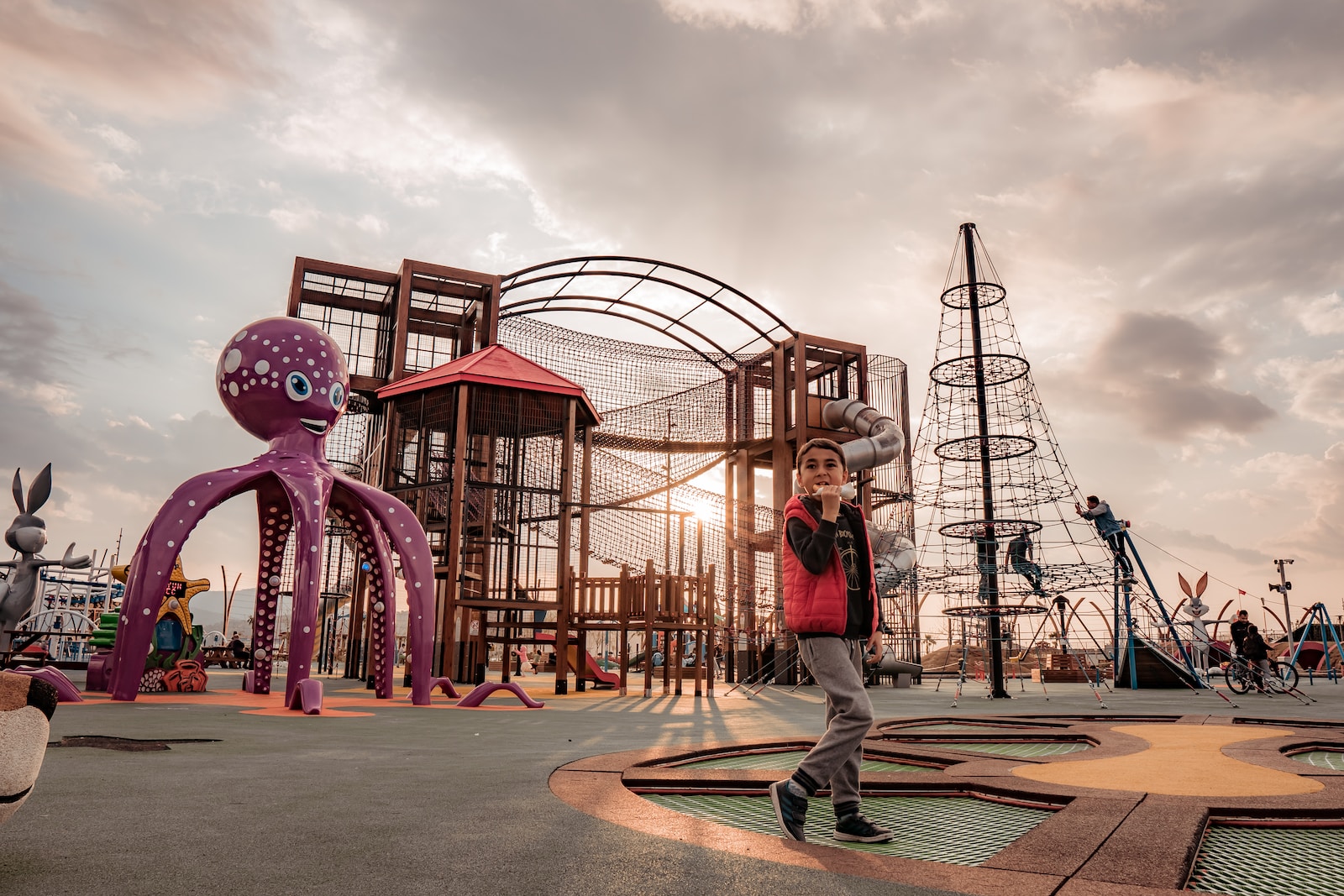Abstract
This descriptive qualitative research aimed to explore the caregivers’ perceptions of children’s social and physical accessibility in inclusive playgrounds. The researchers conducted 11 in-depth interviews with caregivers regarding their perceptions of the accessibility and use of an inclusive playground by children with disabilities and how they perceive interactions between children with and without disabilities while using the playground. From the interviews, two major themes emerged. The first major category was physical accessibility, with three minor themes emerging: a) safety and physical accessibility; b) sensory and cognitive safety; and c) variety and options; and the second major category was social accessibility, with two minor themes: a) social interactions; and b) building friendships and practicing social skills. Overall, the participants in this study described the inclusive playgrounds as safe places that include varied play equipment, which encouraged children with and without disabilities to play together, interact verbally, and build immediate friendships. The findings highlight the importance of inclusive playgrounds as a starting place for enhanced community relationships. The researchers suggest conducting further research that focuses on children’s perceptions and including a broader range of children with varying disabilities using inclusive playgrounds.
Journal: Children and Youth Services Review
Year: 2024



